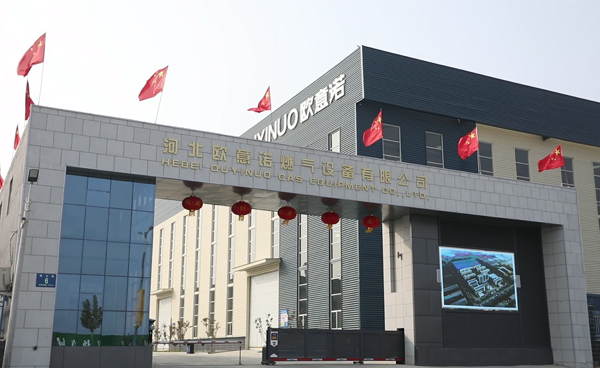
Dec . 04, 2024 09:56
Back to list
Understanding the Functionality and Importance of Gas Regulators in Systems
Understanding Gas Regulators Essential Components for Safe Gas Supply
Gas regulators play a crucial role in the safe and efficient distribution of natural gas and other gases in various applications, including residential heating, commercial cooking, industrial processes, and more. These devices are essential for maintaining the pressure of gas supplies at a usable and safe level, ensuring both functionality and safety.
What is a Gas Regulator?
A gas regulator is a mechanical device that automatically controls the pressure of gas flowing from a high-pressure source, such as a gas cylinder or pipeline, to a lower pressure that is suitable for specific applications. The primary function of a gas regulator is to reduce the pressure of the gas and maintain a constant output pressure, regardless of variations in the input pressure or flow rates.
How Does a Gas Regulator Work?
Gas regulators function based on pressure differentials and equipped internal mechanisms. When gas enters the regulator, it first encounters a diaphragm that reacts to the pressure. If the pressure is higher than the set point, the diaphragm pushes against a spring mechanism, which then opens a vent to allow excess gas to escape. Conversely, if the pressure drops below the set point, the diaphragm will close the vent to maintain a steady flow. This feedback loop ensures a stable and consistent gas supply, preventing potential hazards associated with pressure fluctuations.
Types of Gas Regulators
There are several types of gas regulators, each designed for specific applications
1. Two-Stage Regulators These systems consist of two regulators—primary and secondary. The primary regulator reduces the incoming high pressure to a medium range, and the secondary regulator further lowers it to the desired outlet pressure. Two-stage regulators provide more precise control and are commonly used in industrial settings.
gas regulator

2. Single-Stage Regulators Ideal for less demanding applications, these regulators reduce incoming pressure to an outlet pressure in one step. They are often used in residential gas systems and small appliances.
3. Back-pressure Regulators These regulators are designed to maintain a specific pressure in a system by allowing gas to flow back to the source when the system pressure exceeds the set point. They are typically used in applications where gas storage is an issue.
4. Electronic Regulators Incorporating electronic controls, these regulators provide enhanced monitoring and precision adjustments, often featuring built-in safety alarms. Electronic regulators are becoming more common in advanced applications, such as fuel cells and specialized industrial processes.
Importance of Gas Regulators
The importance of gas regulators cannot be overstated. They ensure that gas supply systems operate efficiently while preventing potential hazards such as explosions, leaks, and equipment damage. By maintaining consistent pressure, gas regulators safeguard appliances and machinery, extending their lifespan and improving performance. Moreover, regulatory standards in many countries require the installation of gas regulators in residential and commercial settings to enhance safety.
Safety Considerations
While gas regulators are designed to provide safety and efficiency, it is crucial for users to install and maintain them properly. Regular inspections and servicing are essential to ensure that the regulator functions correctly without any leaks or malfunctions. Users should always adhere to manufacturer guidelines and local regulations when installing gas regulators. Additionally, if any signs of wear or damage are present, it is vital to replace the regulator promptly to avoid safety risks.
Conclusion
Gas regulators are indispensable components in the gas supply chain, contributing to the safety, efficiency, and functionality of various systems. Understanding how they work and their types is essential for anyone involved in gas usage, whether residentially or commercially. With proper installation and maintenance, gas regulators facilitate a secure environment for all gas-related applications, securing their place as a vital element in modern energy systems. As the demand for gas continues to grow, so too does the importance of understanding and properly implementing these crucial devices.
Next:
Latest news
-
Safety Valve Spring-Loaded Design Overpressure ProtectionNewsJul.25,2025
-
Precision Voltage Regulator AC5 Accuracy Grade PerformanceNewsJul.25,2025
-
Natural Gas Pressure Regulating Skid Industrial Pipeline ApplicationsNewsJul.25,2025
-
Natural Gas Filter Stainless Steel Mesh Element DesignNewsJul.25,2025
-
Gas Pressure Regulator Valve Direct-Acting Spring-Loaded DesignNewsJul.25,2025
-
Decompression Equipment Multi-Stage Heat Exchange System DesignNewsJul.25,2025

